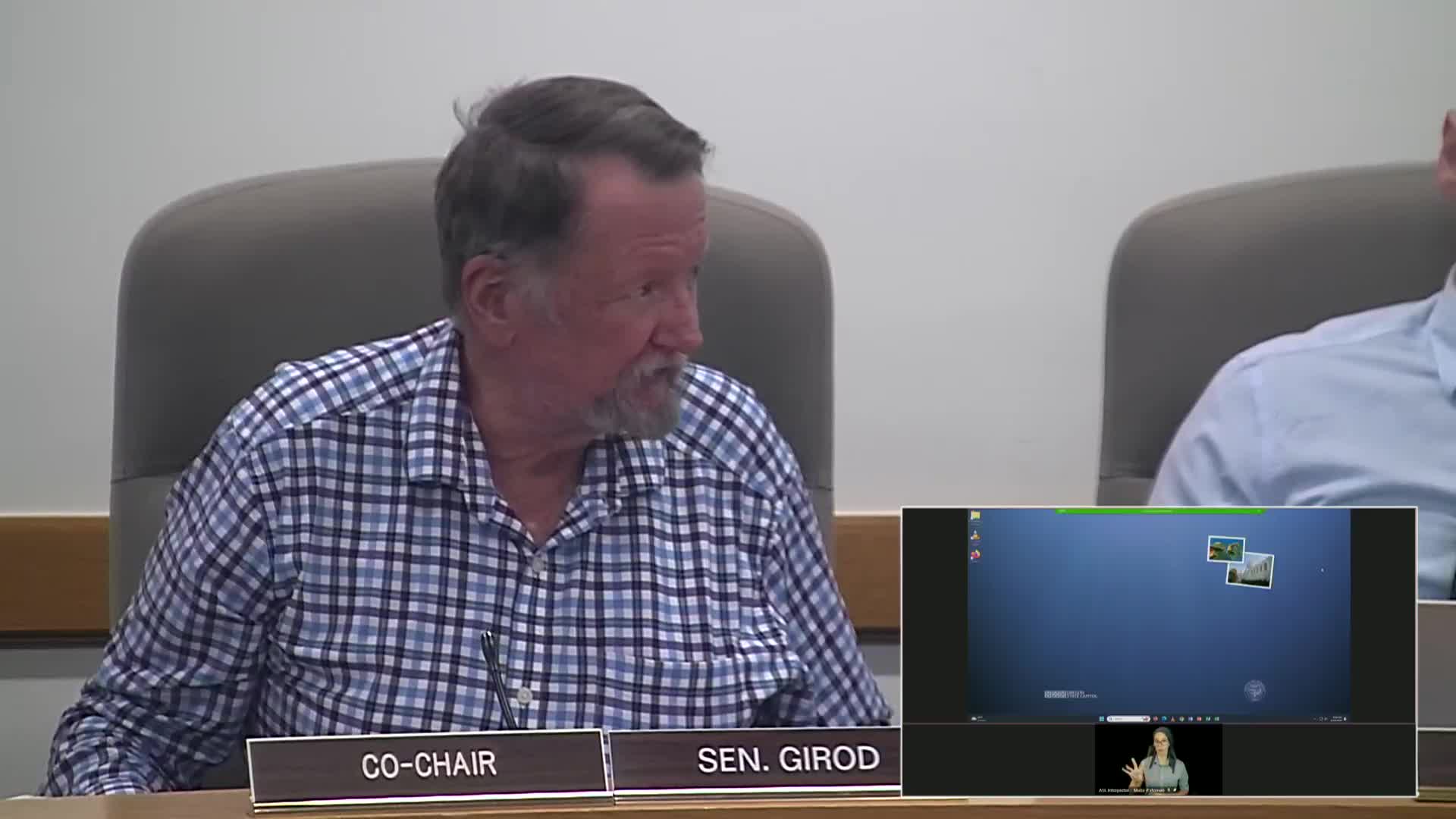Article not found
This article is no longer available. But don't worry—we've gathered other articles that discuss the same topic.
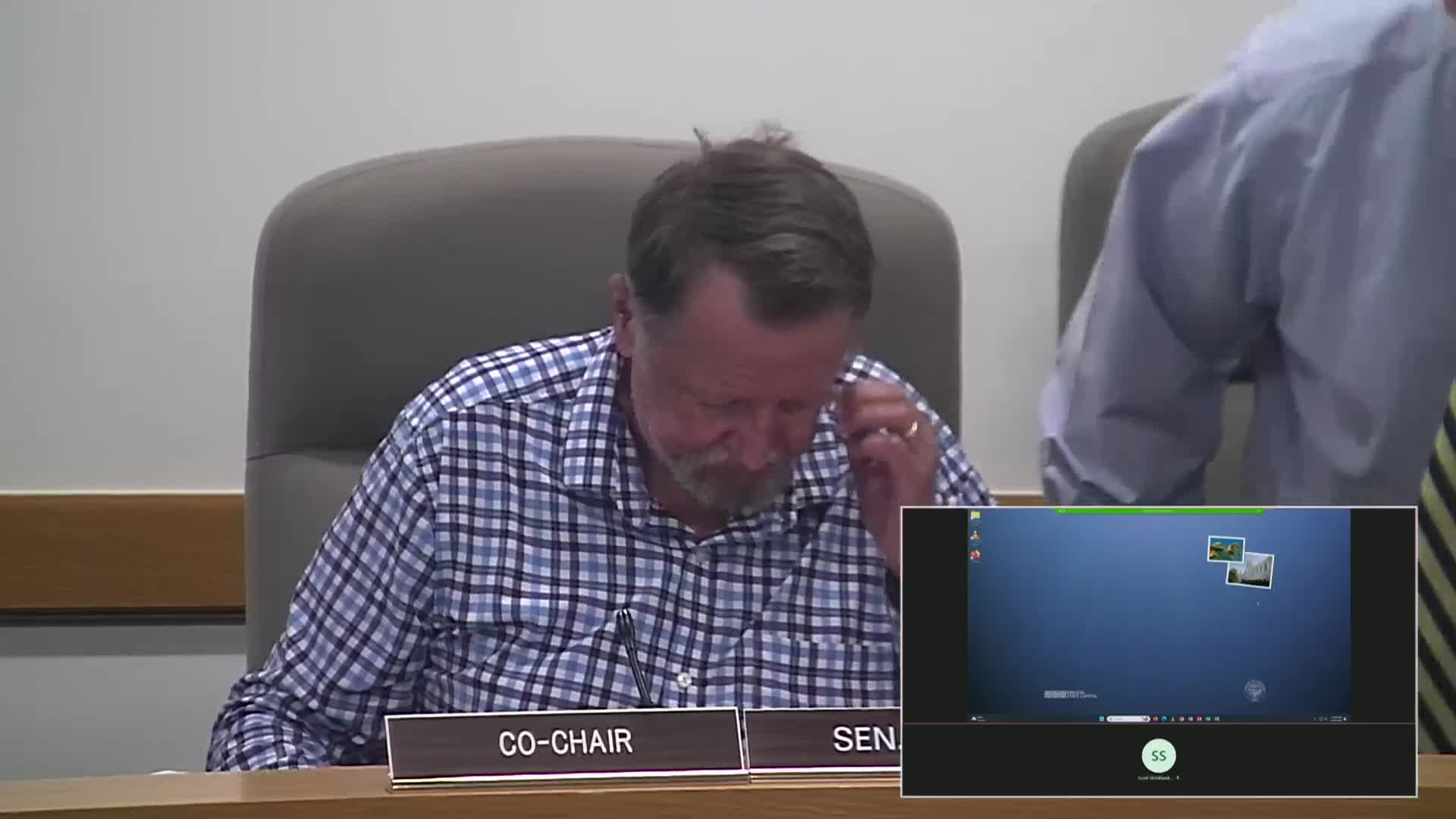
Subcommittee advances judicial judgeships but removes two eastern Oregon posts in dash-2 amendment; lawmakers object
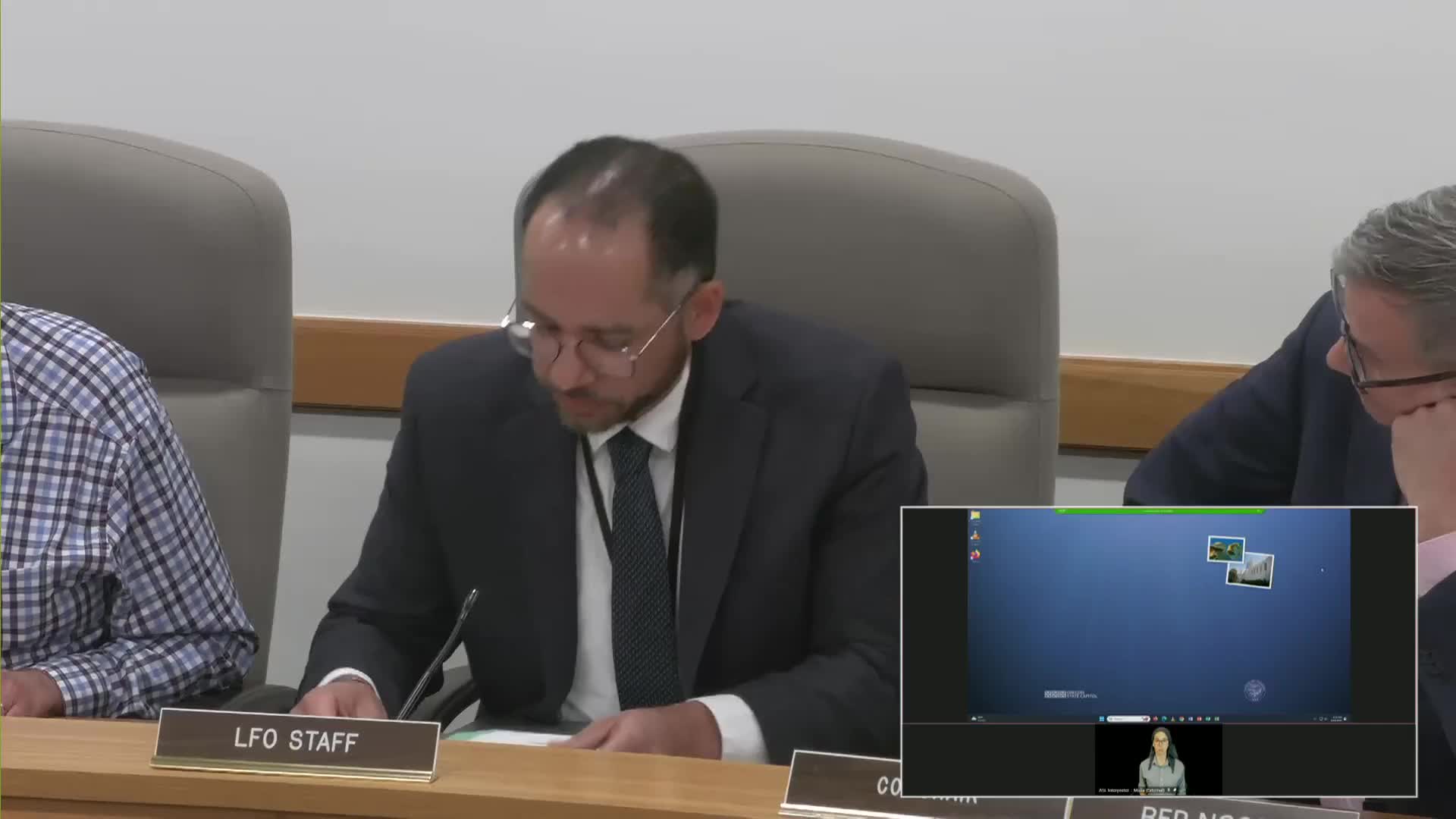
Committee approves doubling low-income electric assistance collection; members question cost to ratepayers
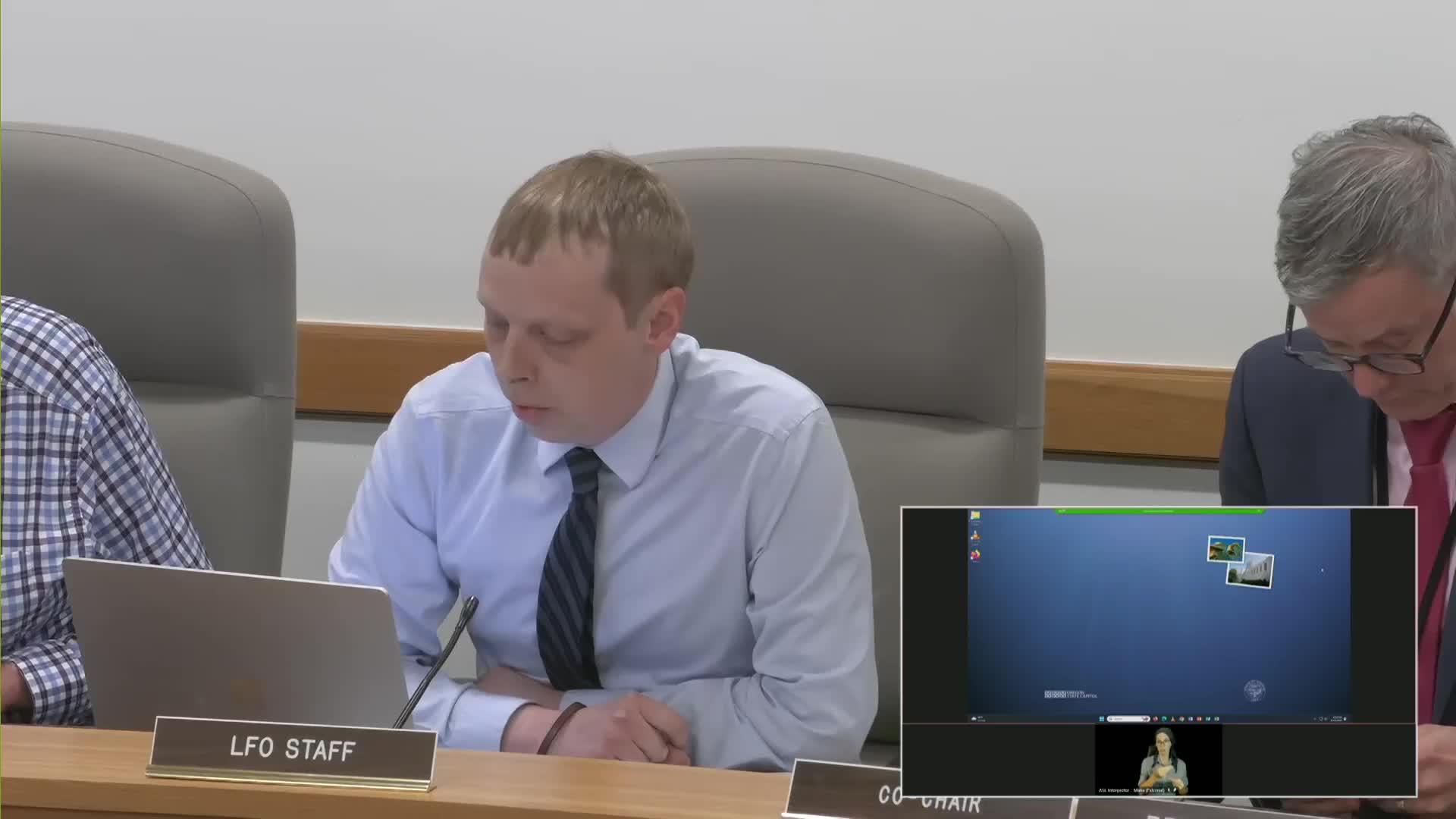
Subcommittee backs Lifeline expansion to include $100 computing benefit, funds for PUC administration
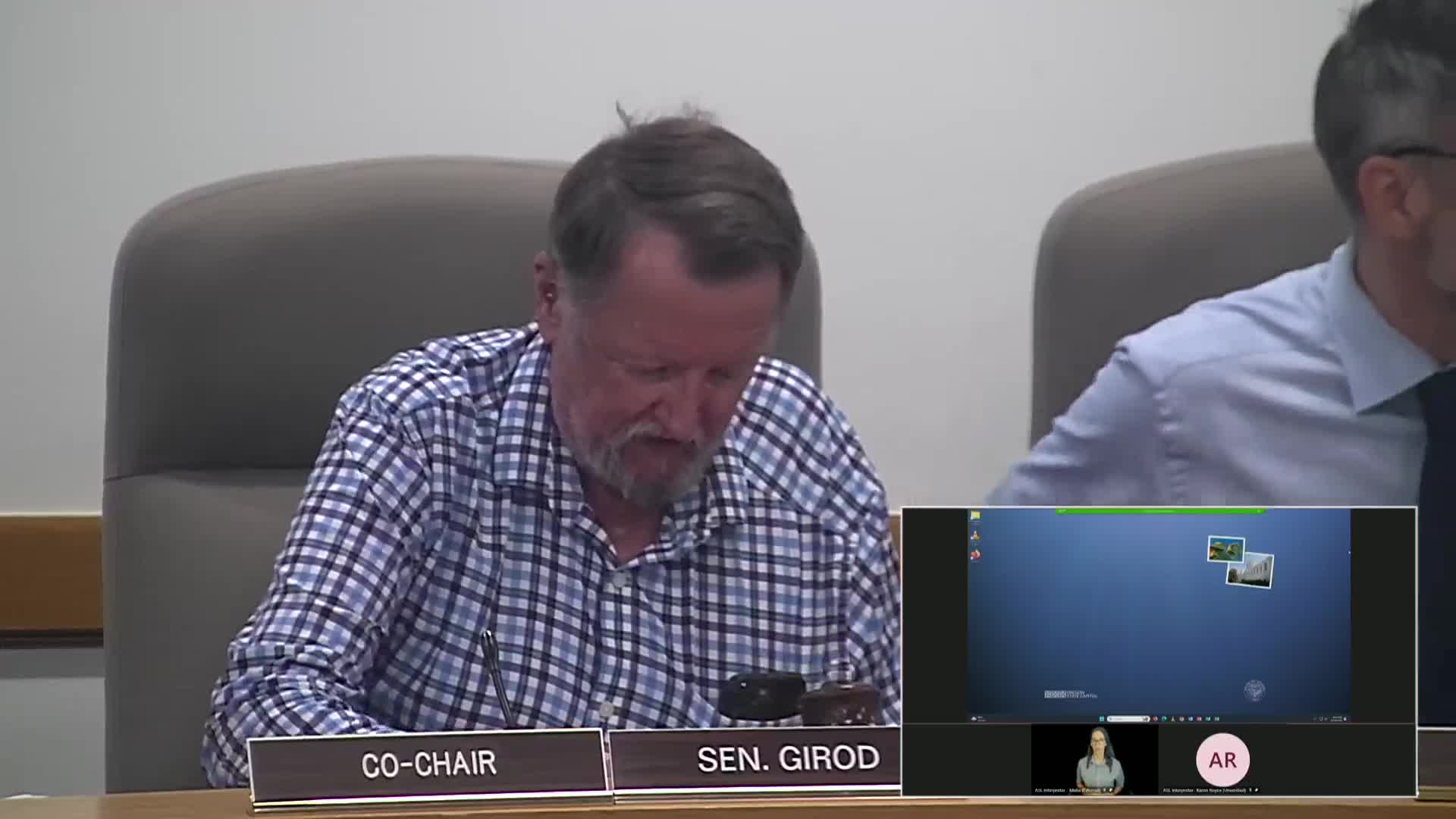
Committee discusses expanding prevailing wage to off-site "bespoke" fabrication; bill held for language and implementation questions
